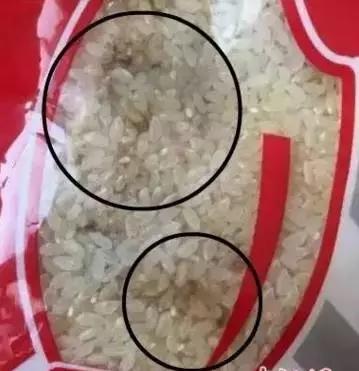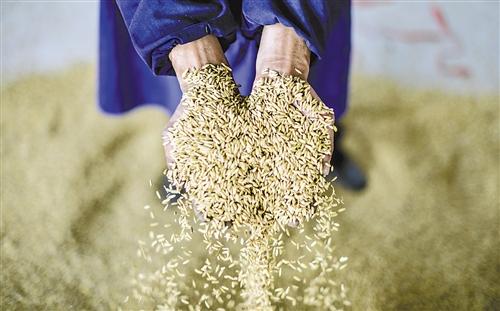Among the promises being made by Chinese officials to foreign dignitaries as they prepare to visit Hangzhou for the G20 Summit in September, there are the usual suspects: safety, easy transport… and non-poisoned rice.
That’s according to Ren Zhengxiao, the chief of the State Administration of Grain, in an inspection of the “food supply base” for Hangzhou on July 27.
“We will not let a single grain of unsafe rice, or a drop of unsafe oil, get into the G20 summit meeting supply base,” he declared. This would safeguard food safety and display China’s strength under the international spotlight, to ensure success of the summit, as Chinese media put it.
But the message was hardly reassuring for Chinese citizens, who deal with the food safety problems that plague China on a daily basis.
It also comes at a time when the authorities are cracking down hard on businesses and churches to “create a safe environment” in Hangzhou before the summit, something that even local officials have complained about.
The question many Chinese had this time was: where will the contaminated rice go?
Some web users called Ren a “traitor,” co-opting a term that has traditionally been used by pro-regime nationalists to attack their enemies.
The stark contrast between the Communist Party’s great efforts to look after foreigners, while neglecting Chinese, is what inspired so much anger.
“It’s especially repulsive that the Chinese government is all about face-saving projects for outsiders to see,” a scholar in China told Radio Free Asia. “The outsiders can see the blue sky and enjoy safe food and water. If you can act that way for them, then why can’t you let the Chinese masses live a life like this?” the scholar, who insisted on remaining anonymous for fears about personal safety, told the broadcaster.
A housewife in Beijing told RFA that the remarks made her worry about what kind of rice she herself has been eating. “If they only take care of Hangzhou and ensure food safety for Hangzhou G20, then where will the unsafe rice go?”






